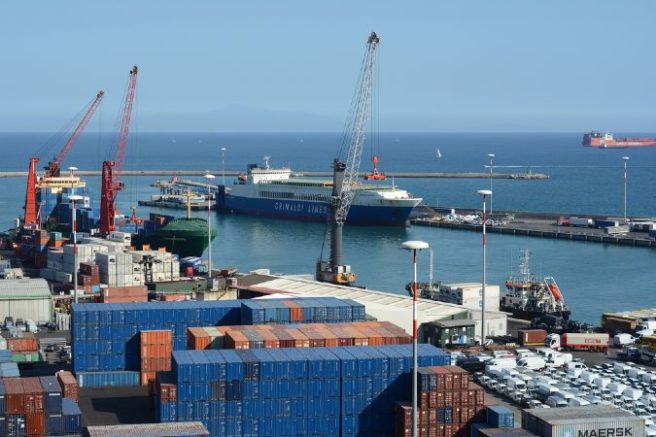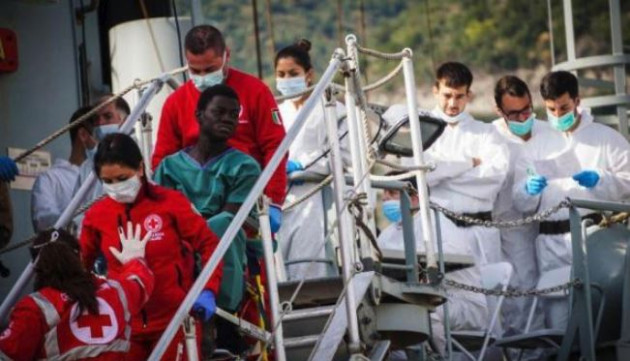
Death of 26 teenage girls described as a ‘tragedy for mankind’
The bodies of 26 teenage girls – aged between 14 and 18 – were pulled from the Mediterranean Sea in recent days.
According to a report in the New York Times, the teenagers, who were of Nigerian descent, were discovered by the Spanish Navy on Friday and subsequently taken to Italy where authorities have launched an investigation into their deaths.
Officials believe the deceased were likely victims of sex trafficking, with Marco Rotunno, the communications officer for the United Nations High Commissioner for Refugees in Italy, offering an insight into the circumstances surrounding the tragedy.
“For Nigerian girls, it is pretty standard, the issue of being trafficked,” he said. “It is a regional network, unfortunately. I have seen younger than 14, and they were alone and from Nigeria.”

Salvatore Malfi, the prefect in the port city of Salerno which received the bodies following the boats' capsizing, expressed his regret over the incident.
“It is a tragedy for mankind,” he said before adding: "I think prosecutors will start working soonest to evaluate whether it could be homicide."
However, unlike Mr Rotunno, Mr Malfi is not convinced the women at the centre of the tragedy were being trafficked.
According to The Guardian, he asserted: "Sex trafficking routes are different, with different dynamics used. Loading women on to a boat is too risky for the traffickers, as they could risk losing all of their ‘goods’ – as they like to call them – in one fell swoop."
Survivors told authorities that they had departed from Libya, and authorities have yet to meet with anyone who can claim the young women as kin.
Two men, Al Mabrouc Wisam Harar, from Libya, and Mohamed Ali Al Bouzid from Egypt, have been arrested and charged in Italy in connection with the fatalities.
Postmortems on the bodies should be completed over the next week.








